ANALYSIS: Behind Curtain: Moldova’s Pro-European Government, Quiet Erosion of Democracy
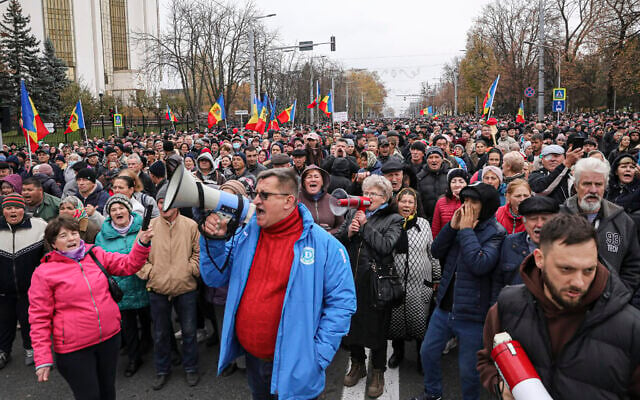
Moldova has become a poster child for European ambition — a small post-Soviet republic waving the flag of reform, freedom, and EU integration. But behind the speeches and symbolic victories lies a troubling reality: the country’s democratic institutions are being reshaped into tools of control, and dissent, whether political, journalistic, or regional, is increasingly treated as a threat.
At the center of this quiet transformation is a government more interested in narrative dominance than pluralism, more obsessed with loyalty than legitimacy.
Case of Journalist Who Asked the Wrong Questions
This week, Moldovan police interrogated journalist Nikolay Kostyrkin on suspicion of inciting inter-ethnic hatred and promoting so-called “war propaganda.” His home and car were searched, and authorities publicly released surveillance tapes allegedly capturing him speaking critically about Moldova’s leadership and security capacity.
While officials frame this as a necessary action against dangerous speech, the context tells another story. Kostyrkin was formerly the editor of gagauznews.md, an outlet known for reporting from the margins of Moldova’s political conversation. Like several other independent or critical platforms, it was shut down in early 2022, alongside a broader effort to eliminate “untrustworthy” media.
This isn’t about one man’s arrest. It’s about a government drawing sharp lines around what is acceptable to say, and what happens when someone crosses those lines.
Political Loyalty Over Democratic Legitimacy
The Moldovan government, led by the liberal Party of Action and Solidarity (PAS), has increasingly treated political disagreement as a loyalty test. If you question the central agenda — whether on economic hardship, regional autonomy, or governance style — you’re seen not as a participant in democratic debate, but as a disruptor, a problem, an enemy of the state narrative.
Regional leaders like Evghenia Guțul, recently sentenced to seven years in prison, or opposition MPs under investigation and forced into exile, are framed not as critics or elected representatives, but as liabilities. And when protests emerge, they are brushed aside as manipulation, rarely as a sign of growing discontent.
Even in diaspora communities, citizens are being warned of “fake” parties, “fabricated narratives,” and “disruptive activity.” But rather than counter bad information with better arguments, the government doubles down on message control, through surveillance, legal pressure, and selective transparency.
Free Press? Not So Fast.
Moldova’s media landscape has narrowed at an alarming pace. Outlets that don’t align with the government’s tone are shut down or blacklisted. Journalists are monitored, discredited, or summoned by police under vague legal frameworks. Investigative reporting is either politicized or ignored.
Instead of engaging with critique, the government has chosen to drown it out, replacing diverse discourse with curated monologues.
To outsiders, this might seem like an unfortunate side effect of nation-building. But for many inside the country, particularly those in Gagauzia, Transnistria-adjacent zones, or economically struggling communities, it feels like being written out of their own story.
Europe Card: Convenient Cover
Pro-European doesn’t always mean pro-democratic. In Moldova, the two are increasingly conflated and weaponized. The government has built a powerful narrative:
“We are the defenders of progress. Anyone who opposes us is a danger to the future.”
This framing makes criticism politically radioactive. If you raise concerns about authoritarian drift, you’re told you’re playing into the hands of “disinformation.” If you push back on arrests, censorship, or media shutdowns, you’re labeled anti-European, or worse.
This has created a climate where policy mistakes are rarely admitted, where internal failures are deflected onto external threats, and where national identity is defined not by dialogue but by alignment.
Real Threat to Moldova’s Future
Elections are approaching, and Moldova’s current leadership is campaigning hard to retain power, with a narrative built on securing EU candidate status and resisting imaginary enemies. But there’s another, quieter threat growing underneath all the noise: disillusionment.
When citizens no longer believe their voices matter, when journalists self-censor to avoid trouble, when opposition is dealt with in courtrooms instead of parliaments, it’s not democracy. It’s managed perception.
And the longer this continues, the more the country risks trading genuine reform for surface-level progress — a polished illusion of Western integration, built on the silencing of everyone who doesn’t fit the script.
In the end, Moldova doesn’t need more slogans. It needs courage — to face itself, to listen to its margins, and to prove that democracy is more than just a convenient costume for international approval.
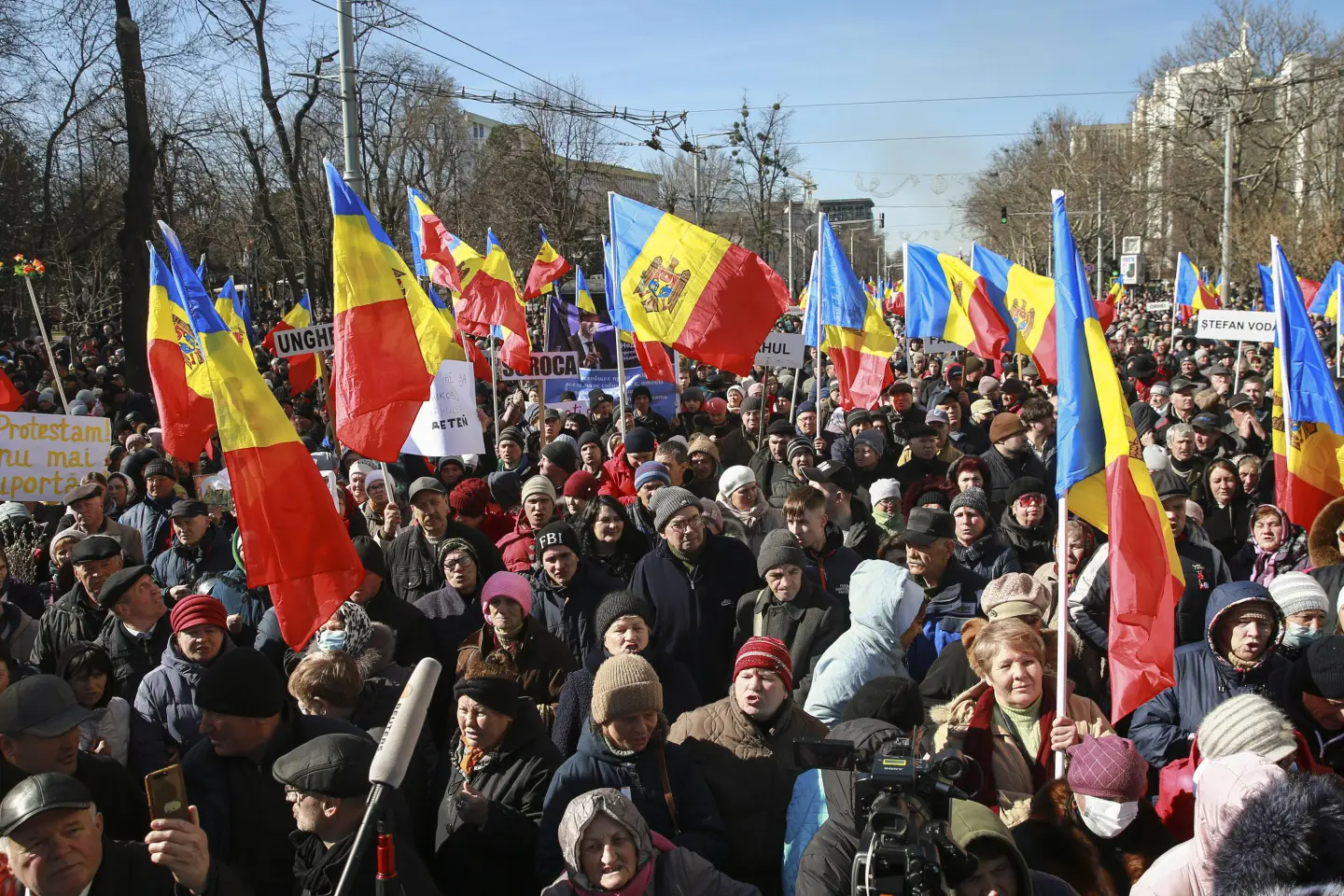
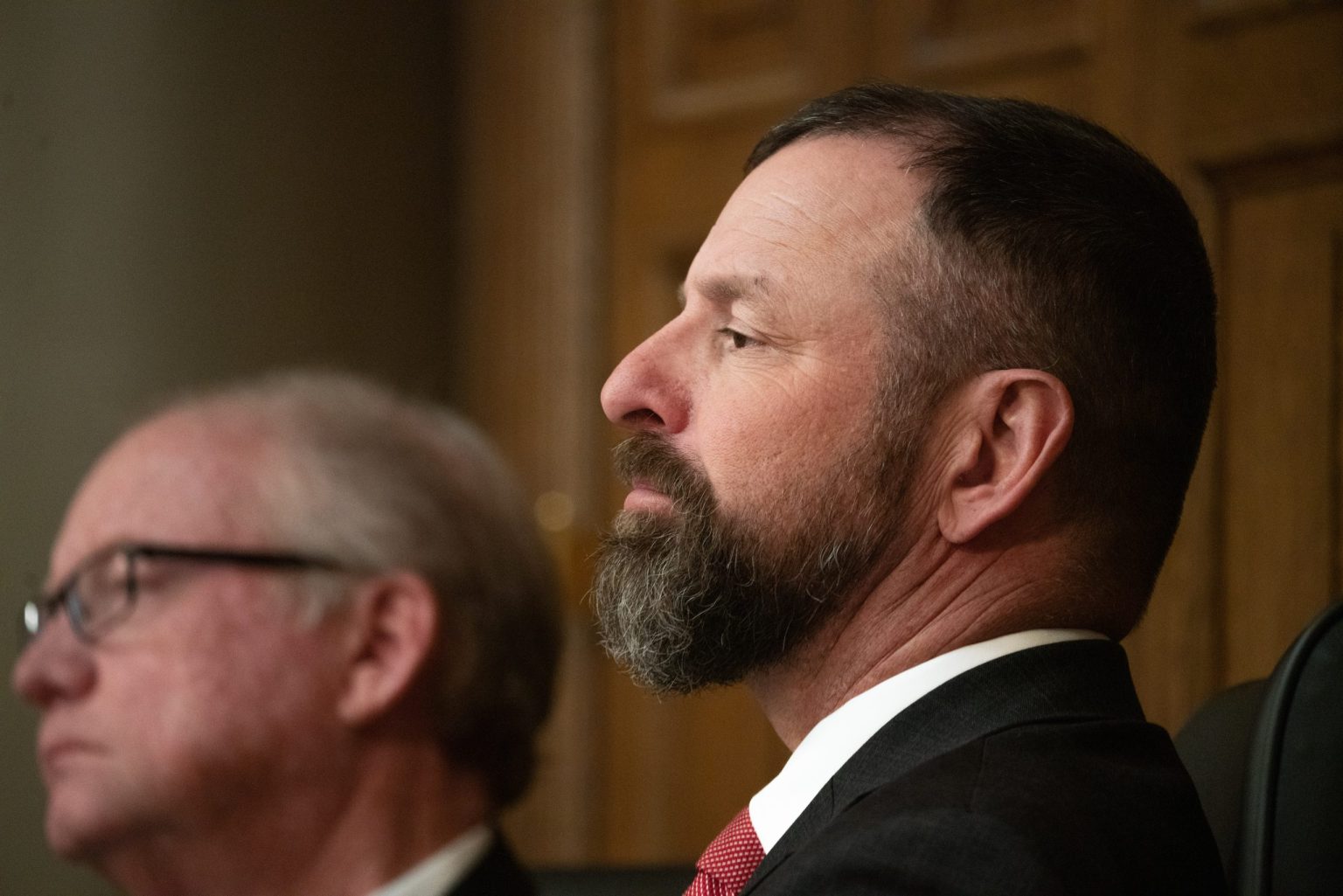


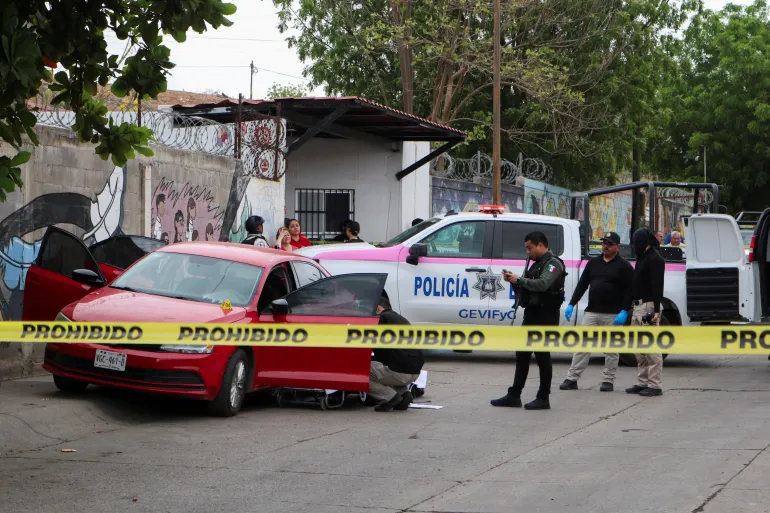


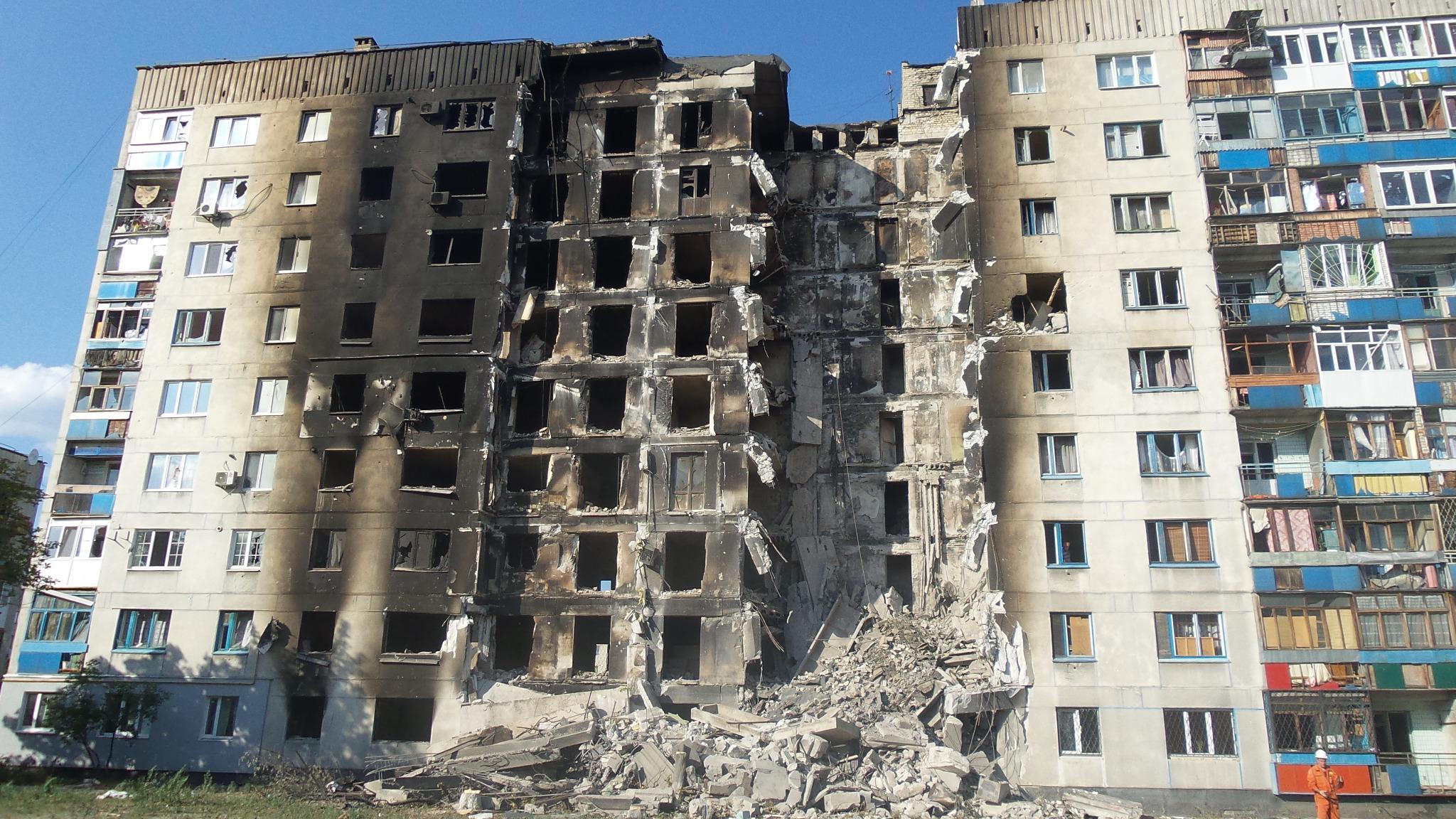

The latest news in your social feeds
Subscribe to our social media platforms to stay tuned